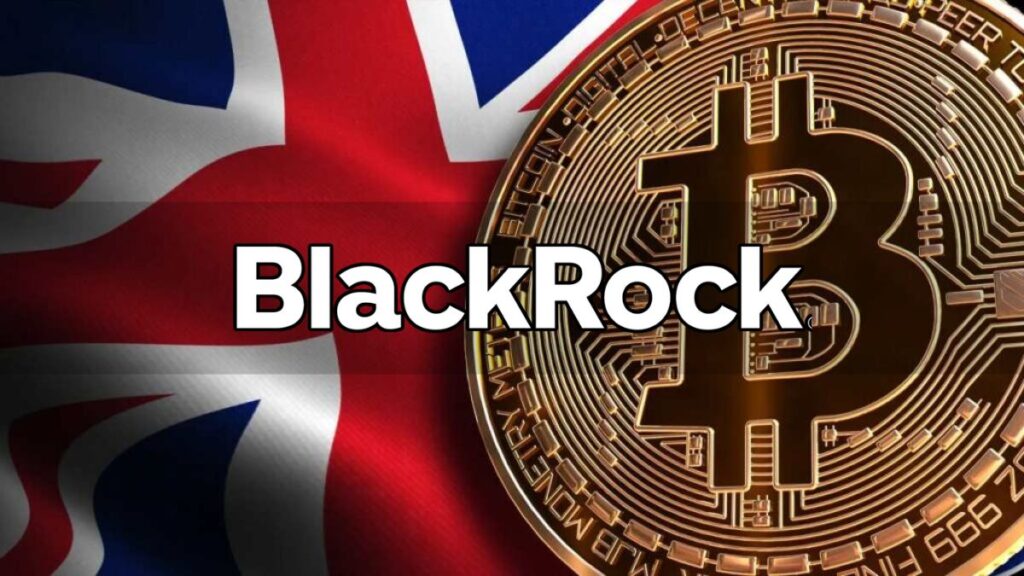TL;DR
- BlackRock launched the iShares Bitcoin ETP on the London Stock Exchange, the first regulated product tied to bitcoin in the United Kingdom.
- Each unit of the ETP represents a fraction of bitcoin and can be purchased from $11, allowing retail investors to participate without using exchanges or holding the assets directly.
- The product tracks the price of BTC through actual reserves held by regulated custodians.
BlackRock launched the iShares Bitcoin ETP on the London Stock Exchange, marking the first regulated offering that provides direct bitcoin exposure in the UK.
The product was issued after the Financial Conduct Authority lifted the ban on crypto-linked ETPs and ETNs, a move that allows UK investors to trade these instruments within a regulated framework. Each ETP unit represents a fraction of bitcoin and can be purchased from around $11, making it easier for retail investors to gain exposure without using exchanges or handling the assets themselves.
BlackRock Meets the UK Demand for Bitcoin
The ETP replicates bitcoin’s price through actual reserves held by regulated custodians, eliminating operational friction and reducing the risks of direct custody. Its structure follows the model of the spot ETF BlackRock launched in the United States earlier this year, which now manages over $20 billion. With the UK ETP, BlackRock aims to meet growing demand for bitcoin-linked products across Europe and strengthen its presence in major financial centers.
Over the past week, bitcoin faced significant volatility, falling from $121,000 on October 10 to around $103,700 on October 17 before stabilizing near $111,000. At the same time, US spot bitcoin funds recorded outflows of $1.23 billion, the second-highest since their launch. Even so, the partial recovery over the weekend suggests that some investors are returning to the market following the correction.
The FCA continues to restrict crypto derivatives for retail investors, but lifting the ban on ETPs shows a shift in its approach toward digital assets. BlackRock sees a clear regulatory framework as key to boosting institutional adoption and attracting capital to new instruments backed by physical bitcoin












